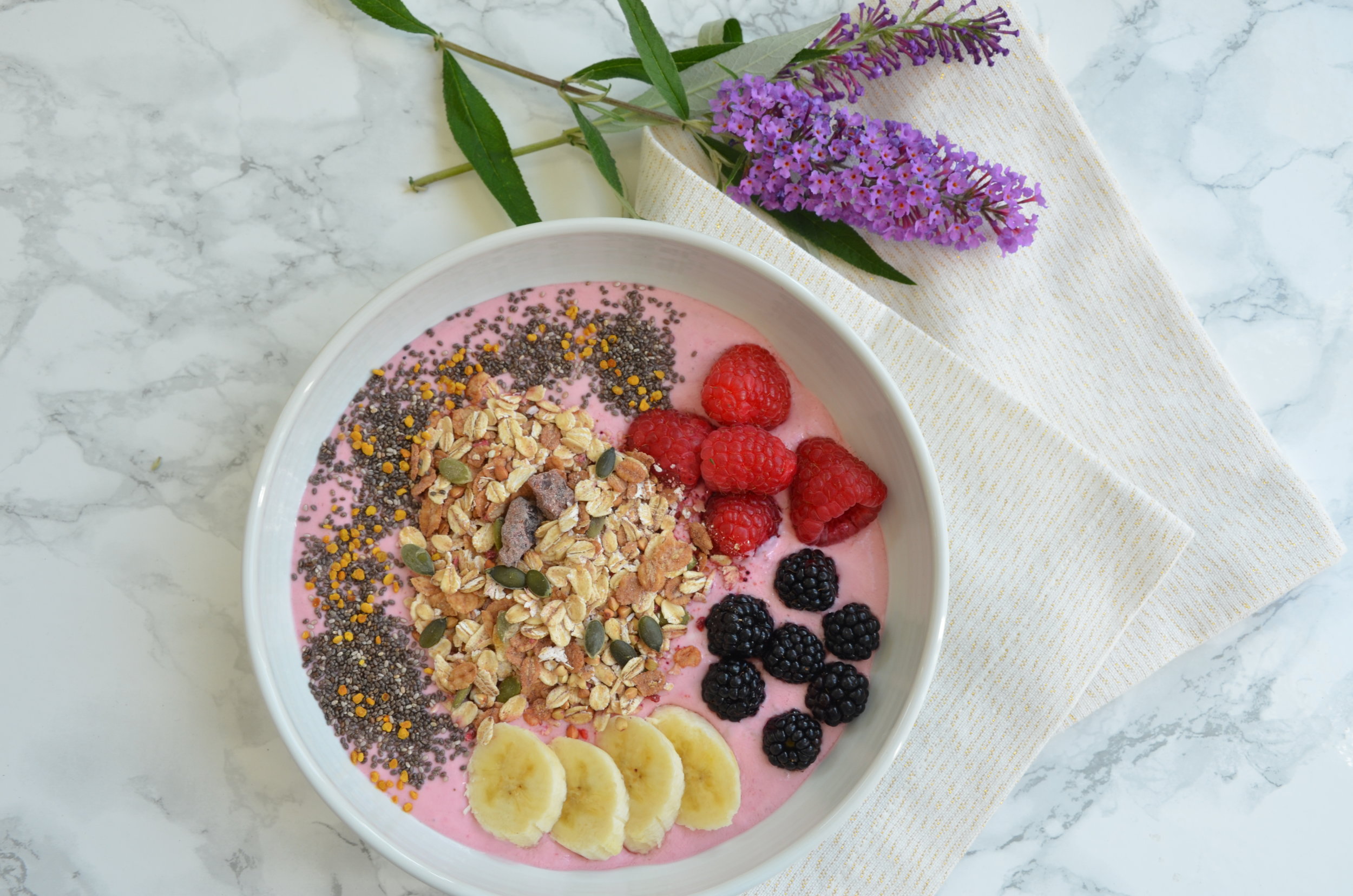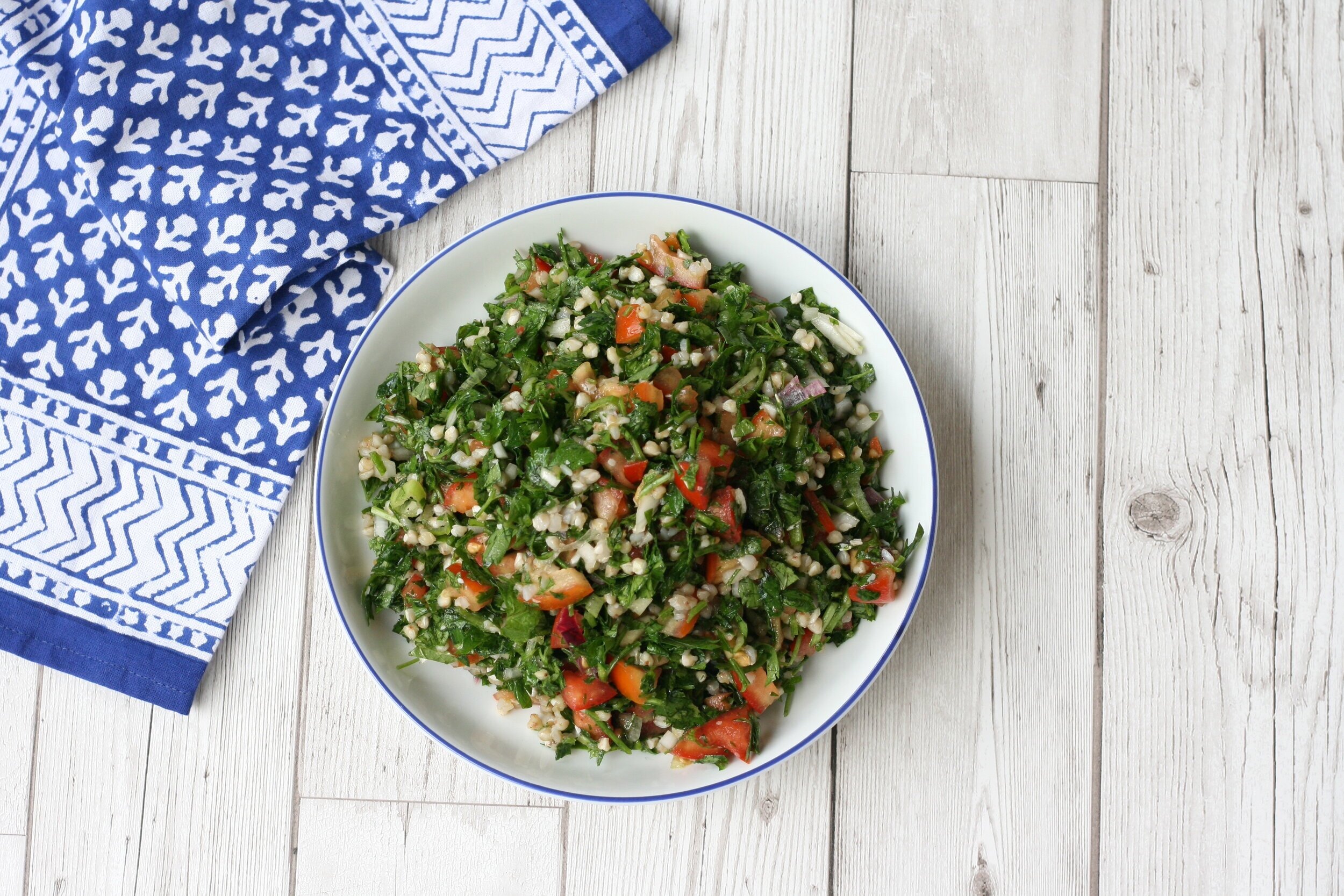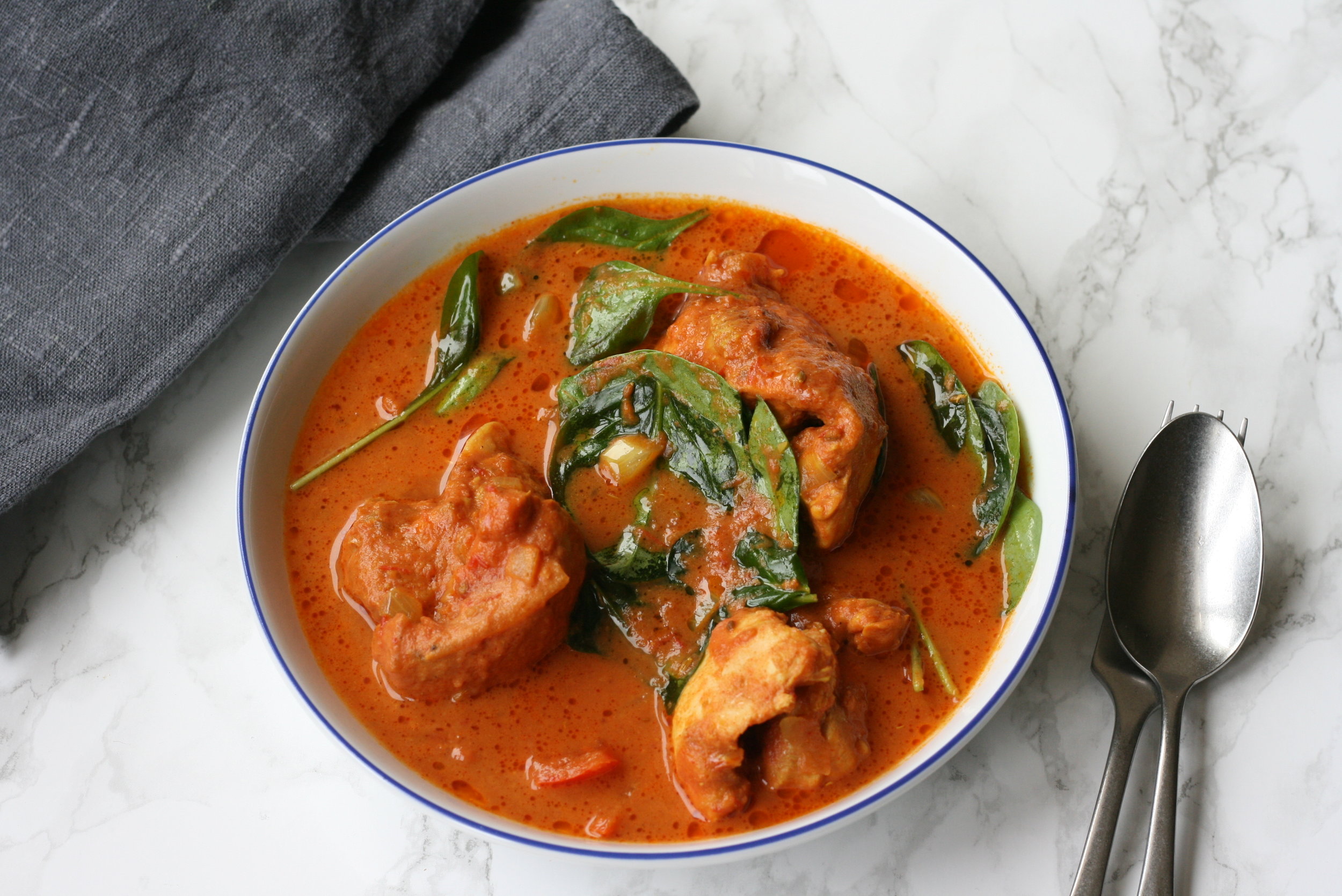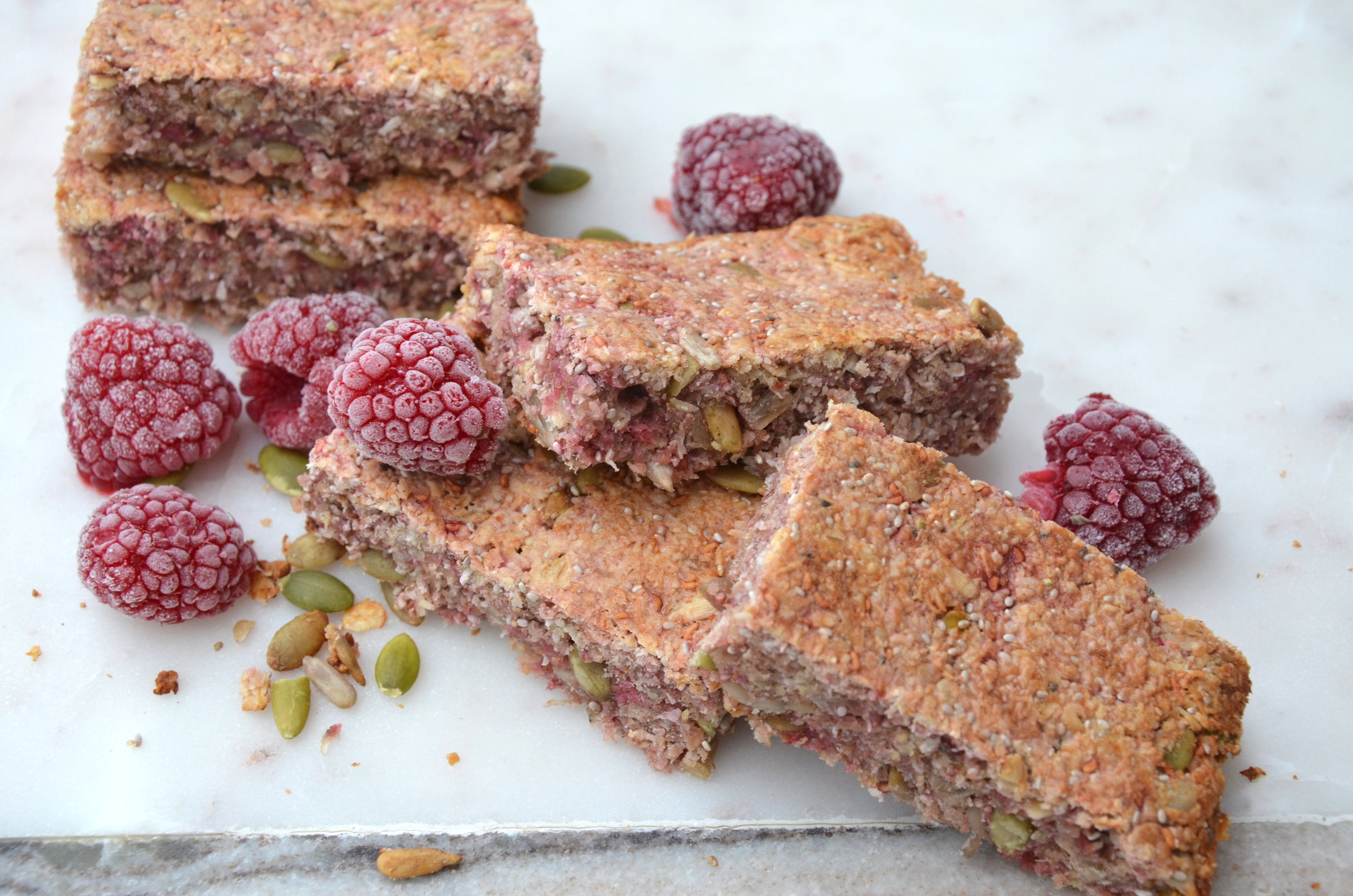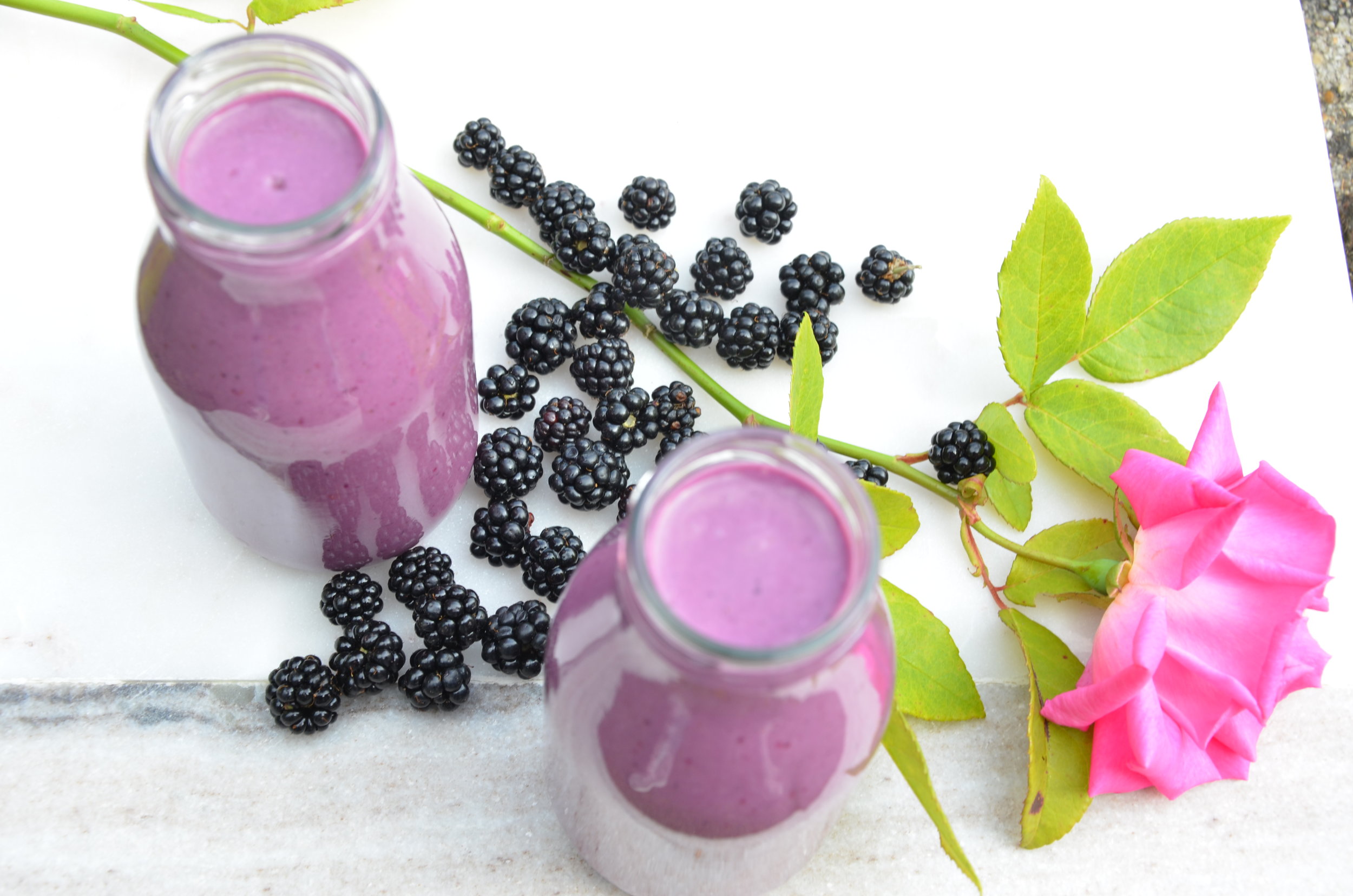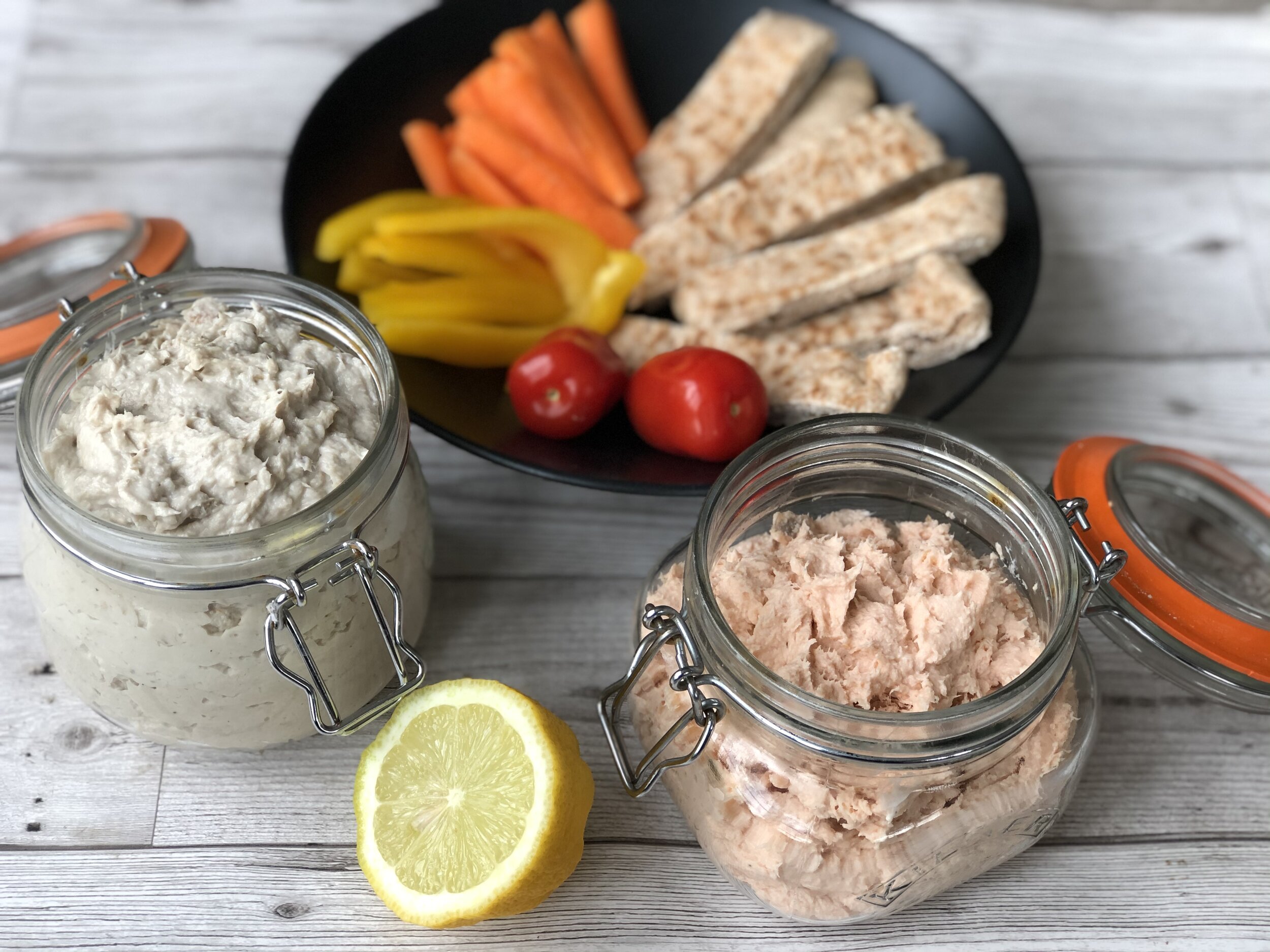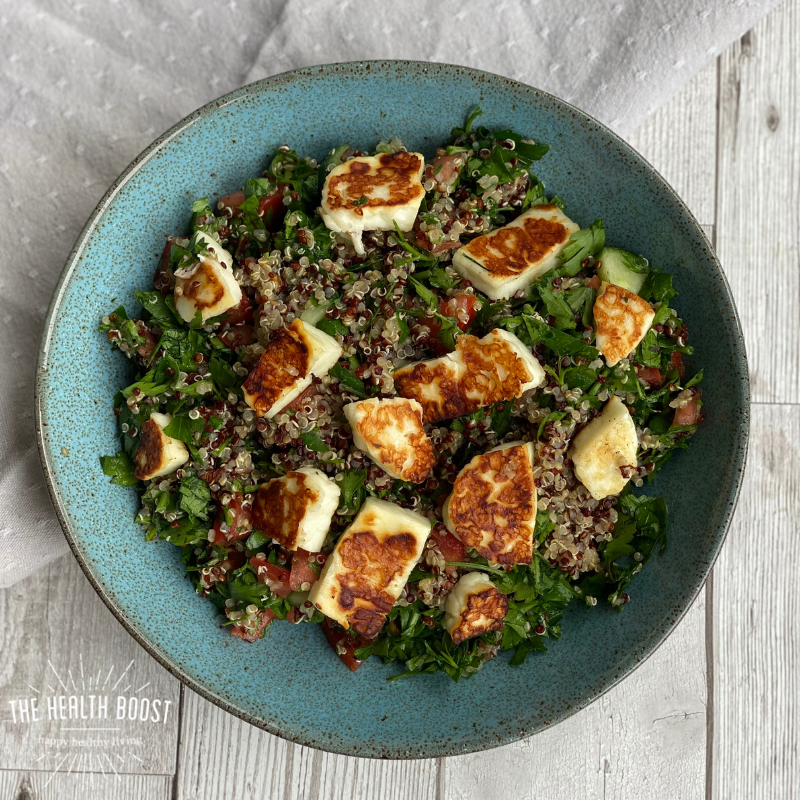5 benefits of drinking coffee
The smell of coffee is one of those smells that brings a smile to my face, along with cut grass and freshly laundered sheets. I treasure my mid-morning cup of coffee - but is it actually good for you? Caffeine can sometimes get a bad rap - but did you know there’s more to your cup of coffee than just caffeine and there are some great health benefits, in particular for a midlife woman.
As a caveat - it’s important to drink the right type of coffee in the right amounts and at the right time of day - more on that below, but first the benefits to your daily beverage.
Coffee contains many bioactive compounds including those that have antioxidant properties as well as the caffeine. Coffee composition is complex, but the main ingredients are caffeine, diterpene, kahweol and chlorogenic acid, and phenols.
Good for brain health
Coffee can increase alertness and well-being, help concentration, improve mood and limit depression. I definitely feel an uplift in well-being after my morning coffee. Lifelong coffee/caffeine consumption has been associated with prevention of cognitive decline and Alzheimer’s disease, which is a risk factor in menopausal women. Coffee stimulates the central nervous system by promoting the release of neurotransmitters such as noradrenaline, dopamine, and serotonin, making us feel better and more alert.
Protects the liver
A large study in 2021, found that coffee of all kinds lowers the risk of chronic liver disease, fatty liver disease, liver cancer and death from chronic liver disease. The study found that coffee from ground coffee beans was more beneficial than instant coffee. The reason for this benefit is probably down to the anti-inflammatory or anti-fibrotic properties of coffee.
Improves insulin sensitivity
A common reason for many women gaining weight during the peri-menopause and menopause could be impaired insulin sensitivity. In postmenopausal women, an increase in insulin resistance is associated with an increased risk of diabetes, cardiovascular disease and breast cancer. Studies have found that the combination of coffee consumption and HRT could lower insulin resistance in postmenopausal women. In overweight women, greater insulin sensitivity is associated with intake of espresso coffee and not with HRT; in normal weight women, only HRT is associated with lower insulin resistance.
Reduce the risk of breast cancer
A large study found that caffeinated coffee intake may be associated with lower risk of postmenopausal breast cancer. Decaffeinated coffee intake does not seem to be associated with lowered risk of breast cancer. The lower risk of breast cancer with increasing caffeinated coffee intake was clearest for oestrogen and progesterone receptor negative, postmenopausal breast cancer.
Lowers the risk of heart disease and stroke
A meta-analysis of 21 prospective studies of men and women looking at coffee consumption and death from chronic diseases found a link between moderate coffee consumption and a 21% lower risk of cardiovascular disease deaths compared with non-drinkers. However, those who have difficulty controlling their blood pressure may want to moderate their coffee intake.
Pre-workout coffee anyone?
Scientists think caffeine affects the body chemical adenosine, which normally promotes sleep and suppresses arousal. Caffeine is considered an adenosine blocker. It attaches itself to the same receptors in the brain that adenosine would normally latch onto, making it more alert. Caffeine in the appropriate amount may also increase stimulation of the central nervous system, making exercise seem like it involves less effort and pain. In high-intensity activities such as resistance training or sprinting, it may increase the number of fibres used in muscle contractions, meaning movements can be more reactive, more frequent, more powerful and delay fatigue. In short, coffee before exercise can improve mental focus, alertness, anaerobic performance and endurance performance.
The bad news
However, despite all the benefits, if you suffer hot flushes or night sweats then coffee and a high caffeine intake, along with alcohol and a high sugar diet has been shown to make these systems worse. However remember that hot flushes don’t last forever so you might need to cut back for a few years, in particular during the peri-menopause, but once established in menopause you can start to enjoy again.
Choosing the right type of coffee
Your choice of coffee in terms of its roasting and brewing has a significant impact not only on the health-promoting properties of coffee, but also on the content of ingredients harmful to health. The capsule method of roasting coffee showed the lowest values of antioxidant capacity and total phenolics content in studies. In addition, when coffee is decaffeinated, using the Swiss Water method and made into capsules, its Aluminium content increases significantly. The addition of milk to your morning cup might also reduce the polyphenols so for best results enjoy your coffee black.
If you suffer insomnia or sleep disorders then limiting your caffeine intake to the morning would be preferable
Our favourite brew
We love the coffee from Your Exhale. They source and roast the beans to ensure maximum amounts of polyphenols and antioxidants. They then test their coffee to ensure it’s free from mycotoxins, pesticides, toxins and heavy metals. It’s also organic and roasted weekly to ensure it’s absolutely fresh.
If you’d like to try Your Exhale then please use this link. Please note that this link uses an affiliate link which might benefit us - but won’t cost you anymore. We never recommend the use of products that we don’t use ourselves. If you use the code THEHEALTHBOOST50 then you’ll receive 50% off your first bag of coffee.
Studies
Bukowska B., Duchnowicz P. Molecular Mechanisms of Action of Selected Substances Involved in the Reduction of Benzo[a]pyrene-Induced Oxidative Stress Molecules, Volume 27, 2022
Kennedy, O.J., Fallowfield, J.A., Poole, R. et al. All coffee types decrease the risk of adverse clinical outcomes in chronic liver disease: a UK Biobank study. BMC Public Health 21, 970 (2021)
Catalano D, Trovato GM, Spadaro D, Martines GF, Garufi G, Tonzuso A, Grasso D, Sciacchitano SG. Insulin resistance in postmenopausal women: concurrent effects of hormone replacement therapy and coffee. Climacteric. 2008 Oct
Bhoo-Pathy, N., Peeters, P.H., Uiterwaal, C.S. et al. Coffee and tea consumption and risk of pre- and postmenopausal breast cancer in the European Prospective Investigation into Cancer and Nutrition (EPIC) cohort study. Breast Cancer Res 17, 15 (2015)
Faubion SS, Sood R, Thielen JM, Shuster LT. Caffeine and menopausal symptoms: what is the association? Menopause. 2015 Feb;22(2):155-8
Crippa A, Discacciati A, Larsson SC, Wolk A, Orsini N. Coffee consumption and mortality from all causes, cardiovascular disease, and cancer: a dose-response meta-analysis. Am J Epidemiol. 2014;180:763-75

